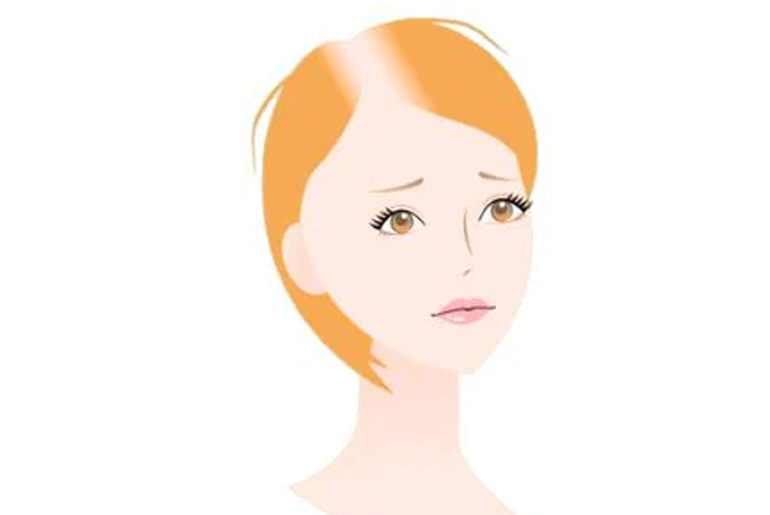Hair fall can be a distressing experience, often leading to embarrassment and anxiety for many individuals. While commonly perceived as a cosmetic issue, hair loss can offer significant insights into one’s physical and psychological health. Sudden or excessive hair fall may signal underlying health conditions, making it essential to understand the patterns associated with it. Recognizing these patterns allows for a deeper examination of what the body might be communicating regarding overall health. By identifying these correlations, individuals can work with healthcare providers to develop personalized treatment plans that address both hair loss and any underlying health issues, promoting better overall well-being.
Understanding the relationship between hair fall patterns and various health issues is crucial for identifying underlying problems and seeking appropriate treatment. Here are some key conditions that can lead to hair loss:
1. Alopecia Areata
Alopecia areata is an autoimmune condition characterized by patchy hair loss. It can affect not only the scalp but also other areas, such as the eyebrows and eyelashes. Individuals with this condition may experience sudden hair loss, which can be distressing. While there is currently no cure for alopecia areata, seeking medical advice can lead to effective management strategies. With proactive care and ongoing treatment, there is a possibility for hair regrowth.
2. Telogen Effluvium
Telogen effluvium, often referred to as stress-induced hair loss, is a temporary condition that can result from various physical and emotional stressors. Factors contributing to this condition include thyroid disorders, surgical procedures, pregnancy, childbirth, nutritional deficiencies, sudden weight loss, and psychological stress. Symptoms typically manifest as thinning hair and increased shedding. Fortunately, telogen effluvium is usually temporary and may improve over time with appropriate care and lifestyle changes.
3. Androgenetic Alopecia
Also known as hereditary alopecia, androgenetic alopecia is the most common cause of hair loss in both men and women. This condition is primarily linked to genetics and hormonal factors, particularly androgens. In men, hair loss often occurs in the crown area, while women may notice a gradual thinning of hair across the scalp. Understanding this condition’s hereditary nature can help individuals manage expectations and explore treatment options.
4. Thyroid Disease
Thyroid disorders can significantly impact hair health, leading to symptoms such as brittle, dull, coarse, and dry hair. Individuals diagnosed with thyroid conditions may also experience an itchy, dry scalp, exacerbating hair loss. Proper management of thyroid disease is essential not only for overall health but also for maintaining hair vitality.
5. Nutritional Deficiency
A balanced diet is critical for healthy hair growth. Individuals with poor dietary habits may face nutritional deficiencies, particularly in essential nutrients such as vitamins, minerals, lean protein, iron, and zinc. Malnutrition can lead to excessive hair shedding and weakened hair strands. Ensuring a well-rounded diet rich in these nutrients is vital for preventing hair loss and promoting overall hair health.
Identifying the correlation between hair fall patterns and underlying health conditions is essential for effective management. If experiencing significant hair loss or changes in hair health, consulting a healthcare professional is advisable. They can help determine the root cause and develop a tailored treatment plan to address both the hair loss and any associated health issues. Prioritizing both physical and nutritional well-being can contribute significantly to maintaining healthy hair.
Disclaimer:
The information contained in this article is for educational and informational purposes only and is not intended as a health advice. We would ask you to consult a qualified professional or medical expert to gain additional knowledge before you choose to consume any product or perform any exercise.







